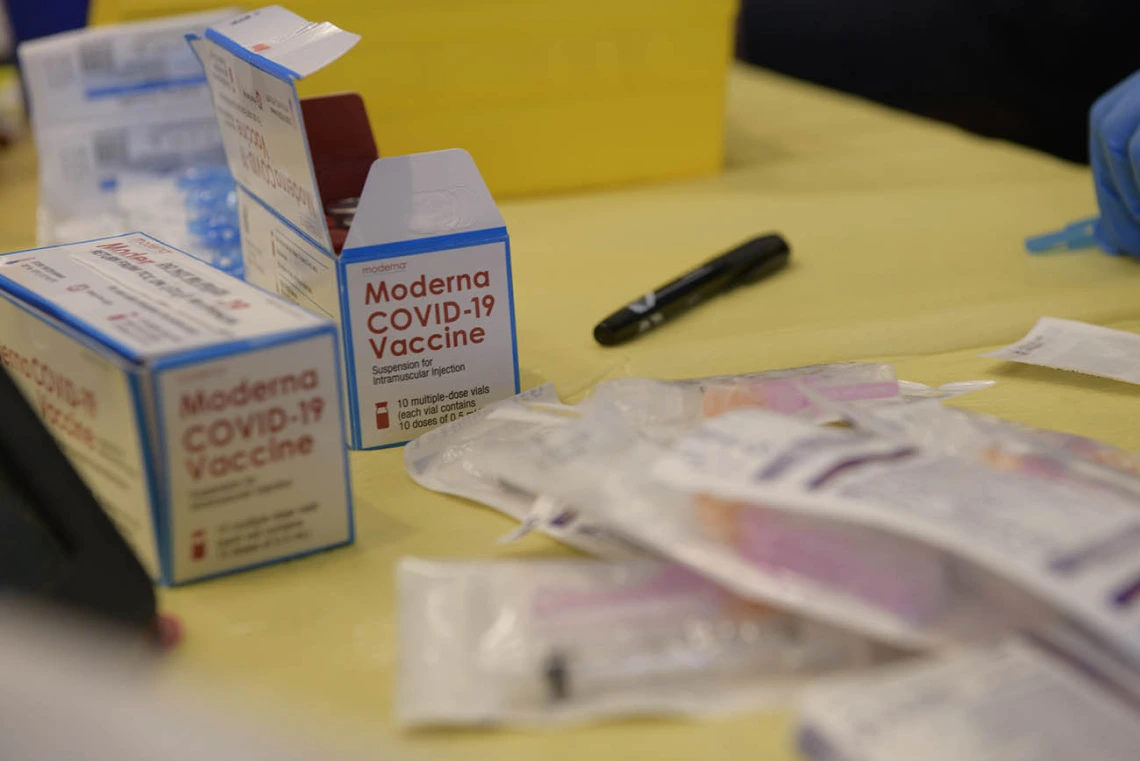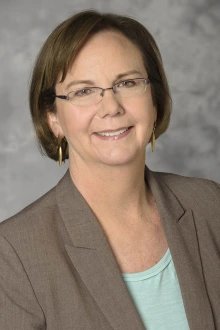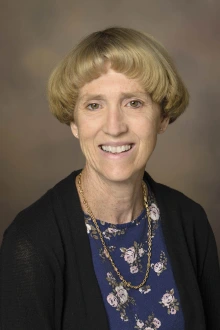College Students Wanted for National COVID-19 Post-Vaccine Study
The national study will help determine if vaccinated people who are exposed to COVID-19 can still spread the disease.

Can vaccinated people who are exposed to COVID-19 still shed the virus from their nose and mouth and infect others?

Elizabeth Connick, MD
“Right now, the Centers for Disease Prevention and Control recommends that everybody continue to mask and socially distance, and this will tell us if those measures are truly necessary,” said Elizabeth “Liz” Connick, MD, chief of the UArizona College of Medicine – Tucson’s Division of Infectious Diseases and a member of the BIO5 Institute.
PreventCOVIDU was announced at a White House COVID-19 Response Team press briefing March 26 by Anthony Fauci, MD, director of the National Institute of Allergy and Infectious Diseases. The study is designed and managed by researchers at the COVID-19 Prevention Network, based at Seattle’s Fred Hutchinson Cancer Research Center.
Dr. Connick, who co-leads the UArizona PreventCOVIDU site along with Lori Fantry, MD, MPH, associate clinical director of the Division of Infectious Diseases and a BIO5 Institute member, hopes to recruit up to 700 UArizona students to participate in the trial. Students who enroll will be randomly assigned to either receive the Moderna COVID-19 vaccine immediately or wait four months to get vaccinated. All participants will know which arm of the trial they are in at enrollment and all will ultimately receive the vaccine.
All student participants will complete daily nasal swabs for about four months, in addition to providing blood samples and completing questionnaires through an eDiary app. Additionally, students must continue to participate in existing UArizona COVID-19 testing – either nasal swab or gargle tests – twice a week and record their results.

Lori Fantry, MD, MPH
Student participants will each identify “close contacts” who will also be invited to take part in the study. These include “prospective close contacts,” such as a roommate or a co-worker who could become infected, and “case-ascertained close contacts,” who are identified if a student participant tests positive for COVID-19.
Close contacts who have agreed to participate in the study will be asked to answer weekly questionnaires via eDiary. They may also be asked to provide blood samples and take daily swabs of their nose for two weeks, in addition to undergoing regular COVID-19 screening through UArizona.
The study will enroll and follow up to 12,000 college students nationally over the next four to five months. Results are expected later this year and are critical to explain the extent to which the vaccine may prevent asymptomatic infection and transmission of SARS-CoV-2.
“The goal is to see in a real-world situation, how well does the vaccine work? Does it protect against asymptomatic infection and transmission?” Dr. Connick said. “We’ve made great progress vaccinating people, but we don’t have herd immunity yet. We need to do this study now so we can understand how effective the vaccine is at creating herd immunity.”
Others from UArizona Health Sciences and UArizona involved in the PreventCOVIDU study include: Maria Gordon, Valerie Bloss, MPH, and Jose Elizondo, with the Clinical and Translational Sciences (CATS) Research Center; Ryan Sprissler, PhD, Center for Applied Genetics and Genomic Medicine; Brian Cunningham, College of Engineering; Jessica Thornburg, Office of Strategic Initiatives; David Nix, PharmD, College of Pharmacy; Terry Smith, Center for Biomedical Informatics and Biostatistics; and Martha Barron, Ryan Weltzer and Rachel Lyman, Division of Infectious Diseases.
Contact
Health Sciences
Office of Communications
520-626-7301
public@arizona.edu

